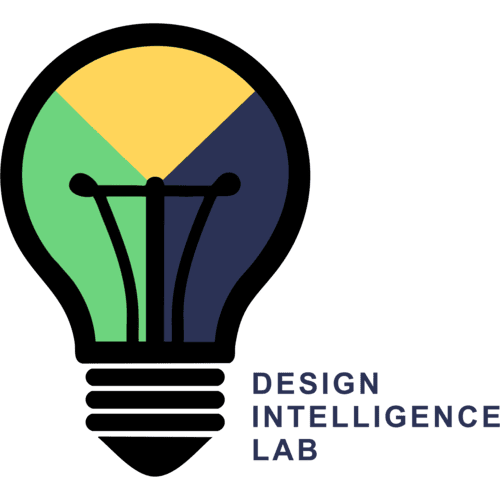Abstract
Science education nowadays emphasizes authentic science practices mimicking the creative discovery processes of real scientists. How, then, can we build creativity support tools for student learning about scientific discovery processes? We summarize several epistemic views of ideation in scientific discovery and find that the ideation techniques provide few guarantees of correctness of scientific hypotheses, indicating the need for supporting hypothesis evaluation. We describe an interactive tool called MILA−S that enables students to elaborate hypotheses about ecological phenomena into conceptual models and evaluate conceptual models through agent-based simulations. We report on a pilot experiment with 50 middle school students who used MILA−S to discover causal explanations for an ecological phenomenon. Preliminary results from the study indicate that use of MILA–S had a significant impact both on the creative process of model construction and the nature of the constructed models. We posit that the computational support for model construction, evaluation and revision embodied in MILA–S fosters student creativity in learning about scientific discovery processes.
Impact of a creativity support tool on student learning about scientific discovery processes
